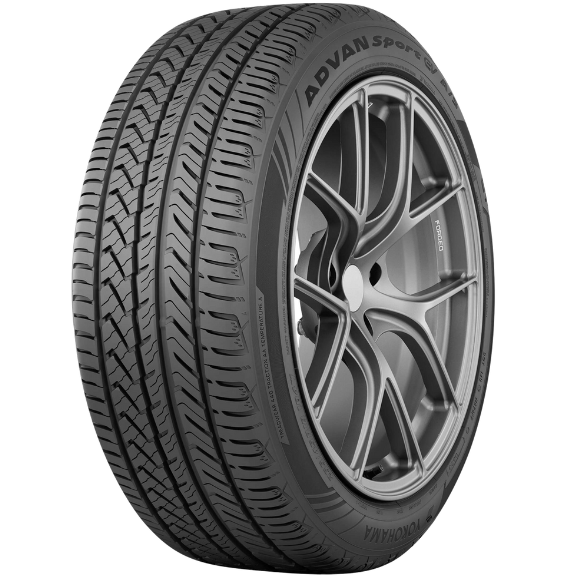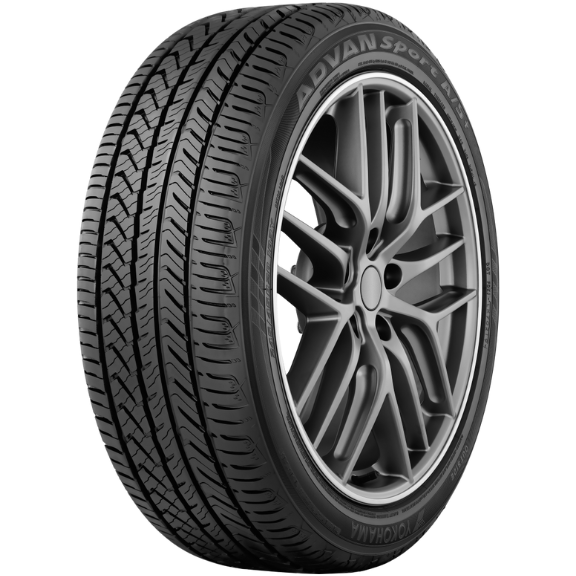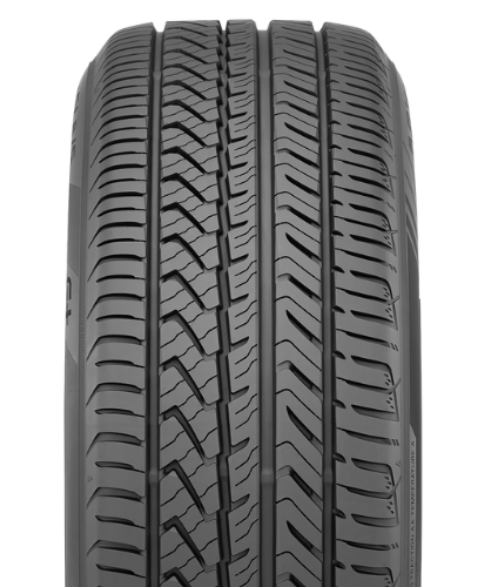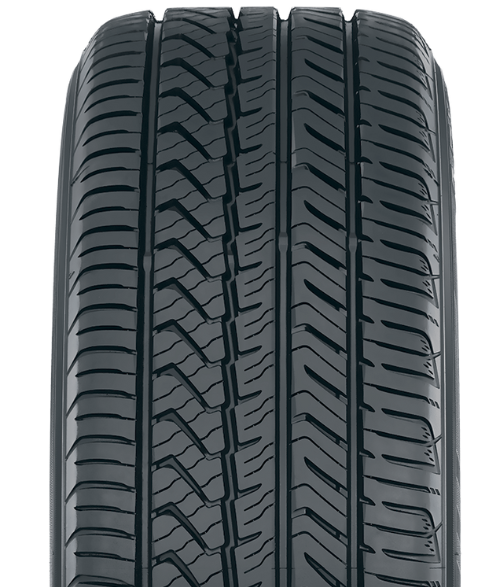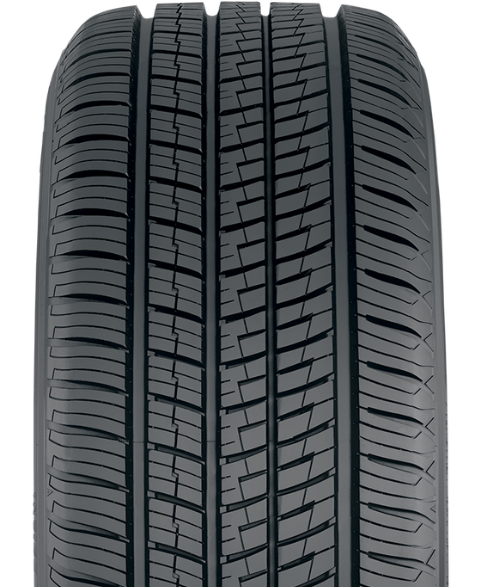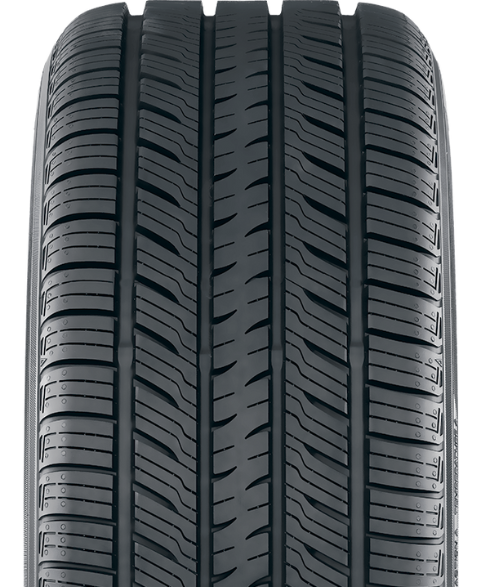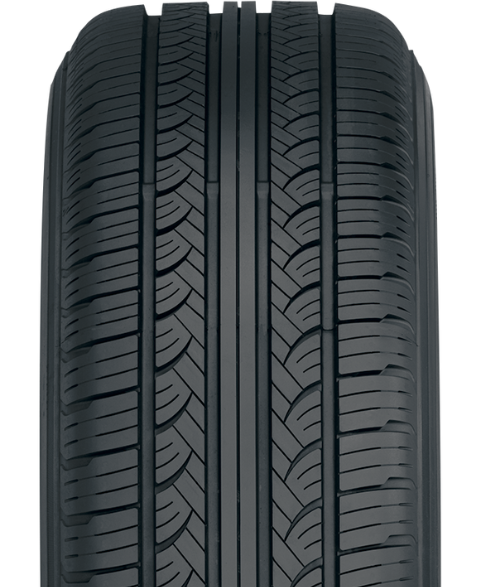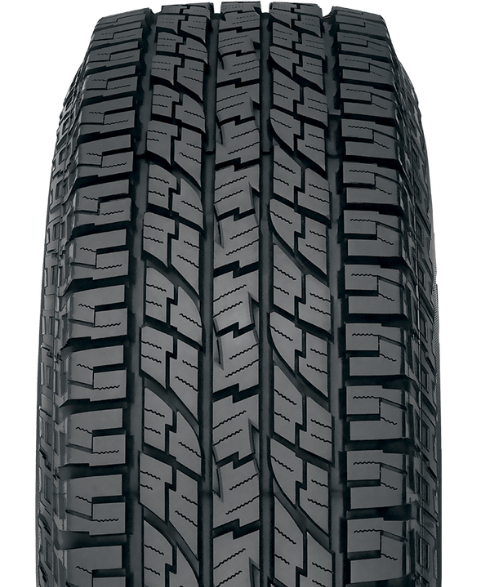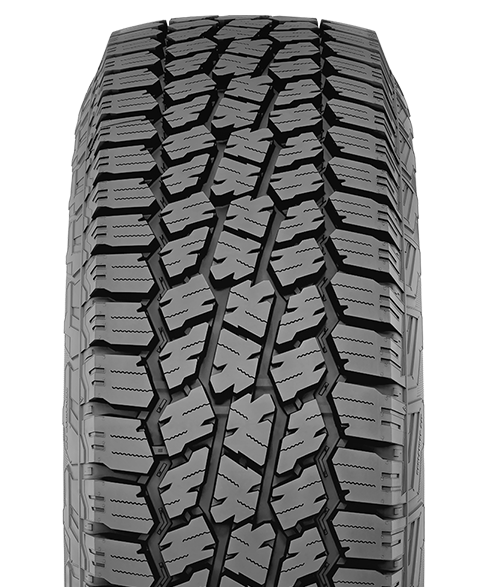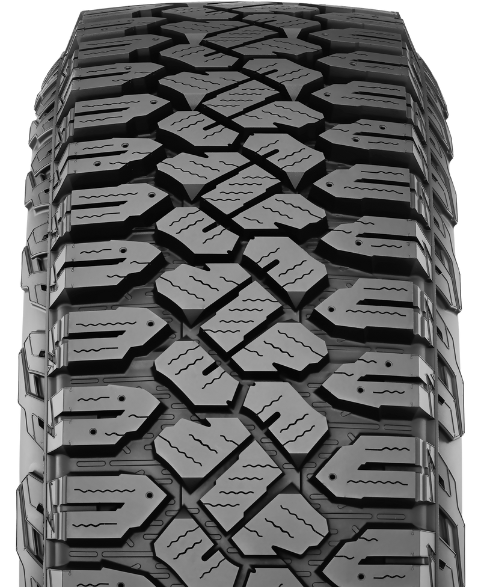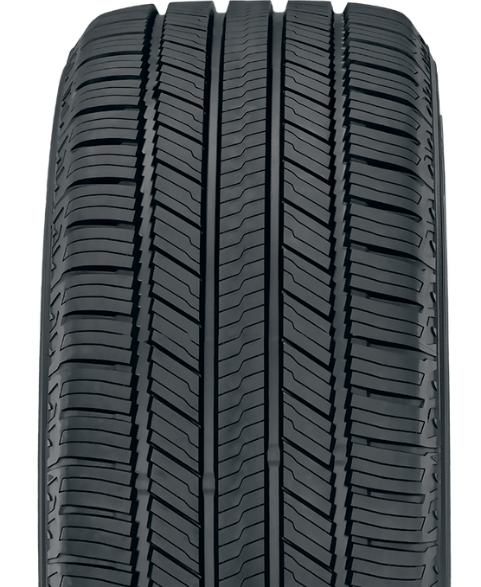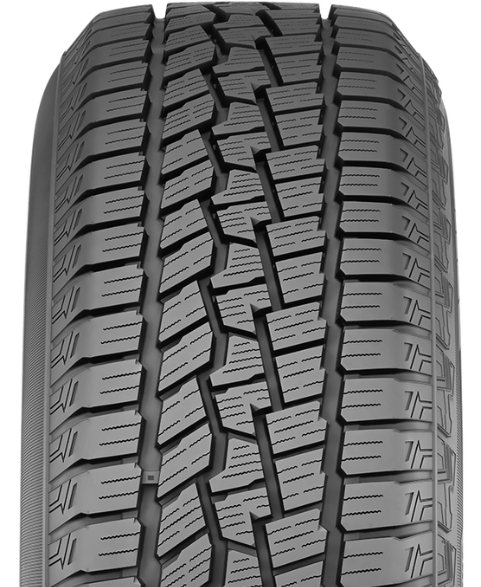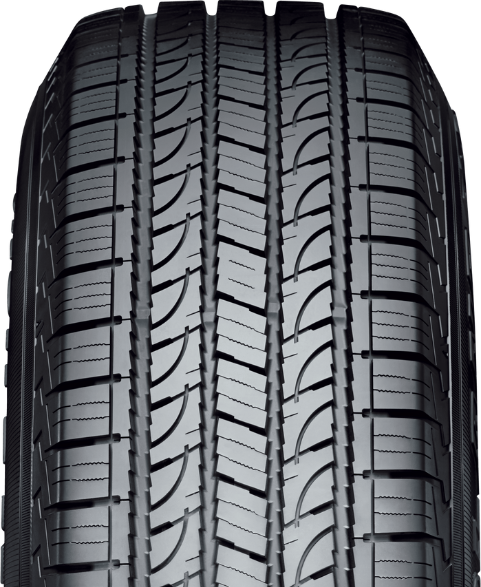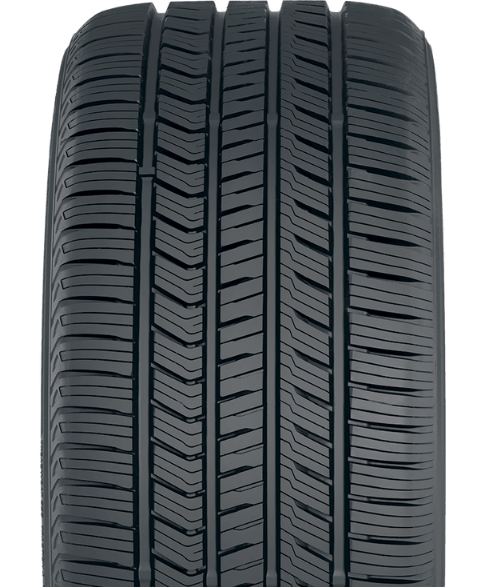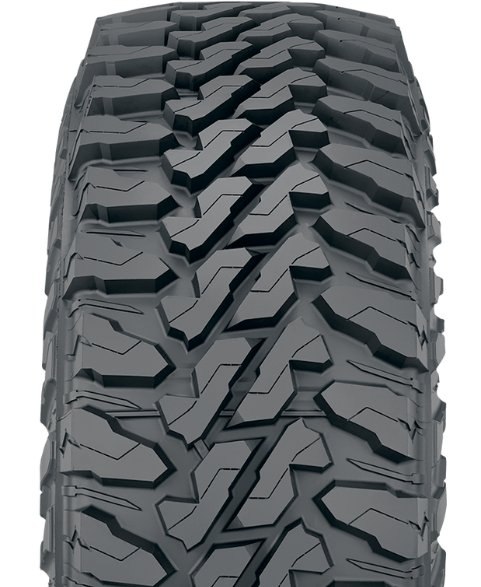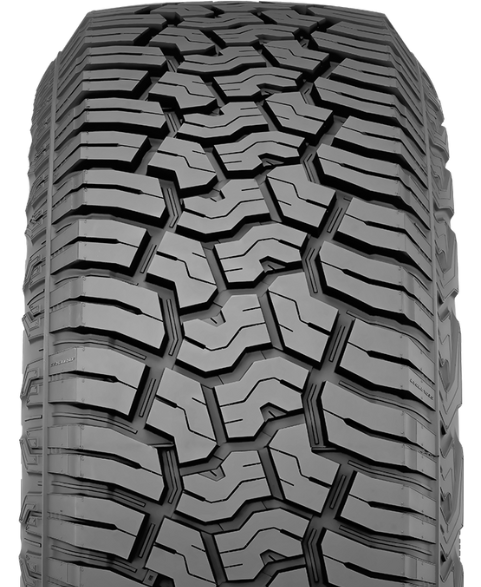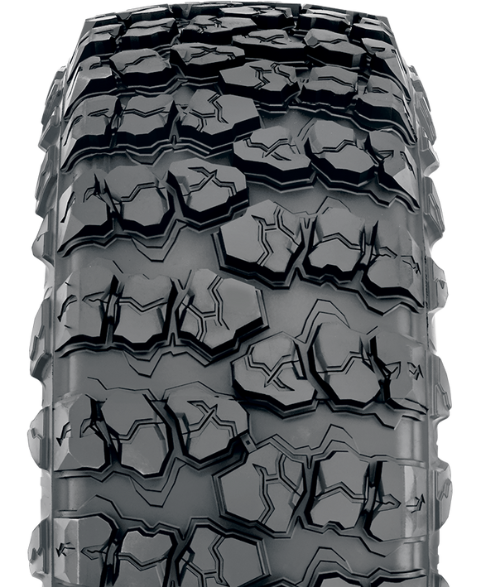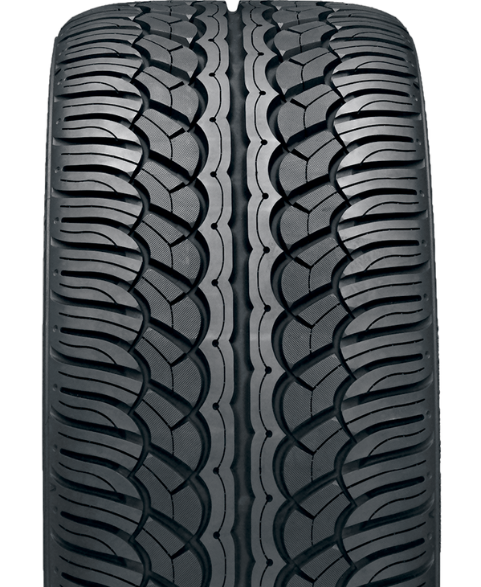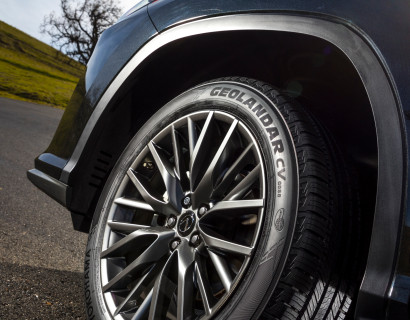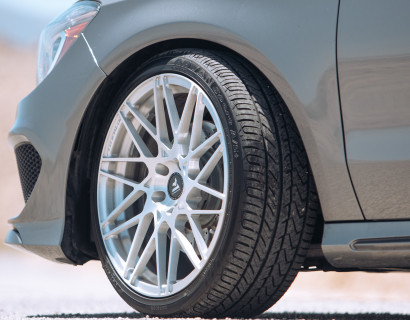The lifespan of all-season tires can vary significantly depending on several factors, including driving habits, road conditions, tire maintenance, and the specific tire model. On average, all-season tires can last between 60,000 to 80,000 kilometers (approximately 37,000 to 50,000 miles).
Factors Affecting All-Season Tire Lifespan:
- Treadwear Rating: This rating indicates the expected wear life of the tire compared to a reference tire. Higher treadwear ratings generally indicate longer tread life.
- Driving Habits: Aggressive driving, frequent hard braking, and rapid acceleration can shorten tire lifespan.
- Road Conditions: Rough roads, potholes, and extreme temperatures can contribute to faster tire wear.
- Tire Maintenance: Proper inflation, regular rotation, and wheel alignment can help maximize tire lifespan.
Yokohama all-season tires are engineered with durability in mind. Our tires feature advanced tread compounds and construction designed to resist wear and provide long-lasting performance. Many of our all-season tires also come with treadwear warranties, providing added peace of mind for your investment.
To get the most out of your Yokohama all-season tires, follow the recommended maintenance schedule and ensure proper inflation. Regularly check your tire tread depth and replace your tires when they reach the minimum tread depth for safe driving.


